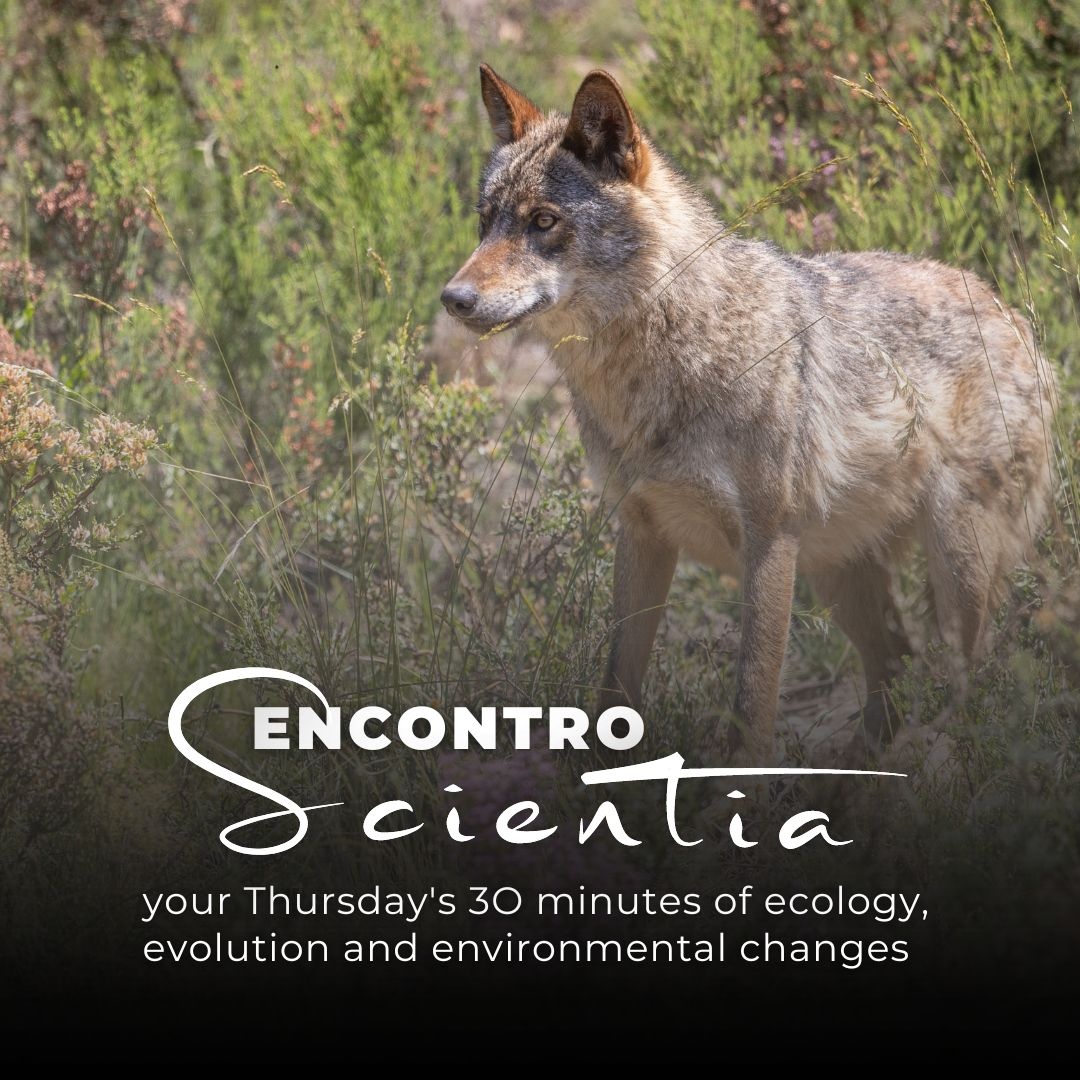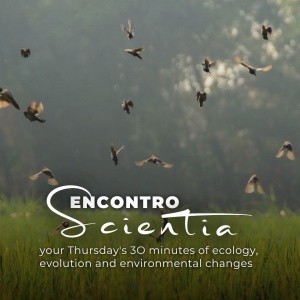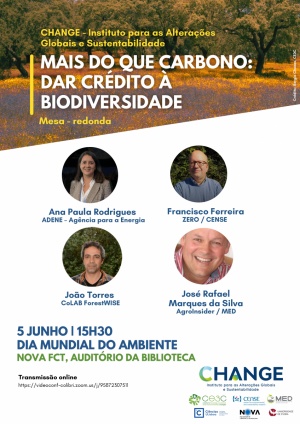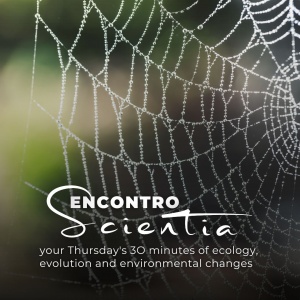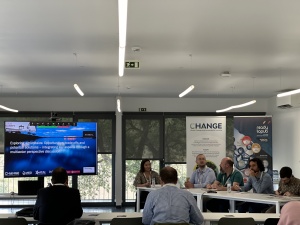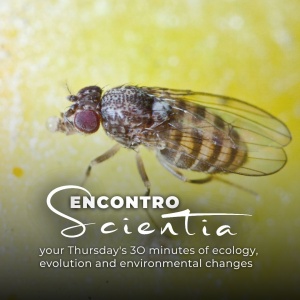Encontro Scientia with Letícia Duarte (Evolutionary Genetics)
19 October 2023 . 12h00 (Lisbon time)
UPDATE: due to the warnings of worsening weather conditions issued by the National Emergency and Civil Protection Authority for the next 36 hours, the Encontro Scientia will take place occasionally in an online format only.
Online access • LINK
Password • scientia
The Iberian wolf (Canis lupus signatus), endemic to the Iberian Peninsula, was once distributed throughout Portugal; however, its population suffered a steep decline with the increase in human activity. Currently, Iberian wolves are Endangered in Portugal and occupy only 20% of their original distribution area.
Our project’s objectives included (1) estimating the number of packs and its composition, (2) studying the distribution and movements of individuals, and (3) understand the possible impact of the existing and new infrastructures (e.g., mines and wind parks) to be set up in the study area. Laboratory work included mtDNA analysis for species confirmation, sexing with sex chromosome markers, and microsatellite analysis for individual identification.
Non-invasive genetic methods are useful for the study of wolf packs and their movements; however, they have some drawbacks, including the cost, the number of collected samples, and their degradation, which compromise the success of genetic analyses. Impact assessment plans of infrastructures concerning the wolf must start with a solid reference situation based on data collected during at least three sampling years. Moreover, these projects must be carried out throughout the period of construction and exploitation of the infrastructures to understand the full extent of the impact they might have on local wolf populations and to allow the implementation in a timely manner of impact mitigation measures.
Tags: EG Encontro Scientia conservation genetics iberian wolf

